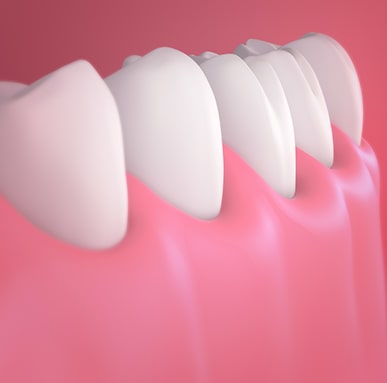
Linzi Adams
15:12 06 Dec 25
Mark and his team provide fabulous service and care. I've been a patient for many years and have complete confidence in their expertise.
WLY
08:54 01 Nov 25
My care at this surgery has been exceptional: the warm and smiling Claire in reception, Lisa who was wonderfully supportive throughout the implant process, Natalie my hygienist, the sage Dr Cronshaw, my dentist, and the wonderfully talented implantologist, Dr Azcarate. What a team.
Eryn Caliguire
12:28 21 Oct 25
Absolutely amazing!They've all been there for me to get all my dentist needs sorted and offered the best support for me as I've got quite a lot of anxiety☺️Lisa even held my hand while having a tooth extracted🫶Would absolutely recommend to anyone who needs anything dental done!
Steve Marine
08:57 10 Sep 25
So friendly and welcoming. Zero pain. Absolutely brilliant latest tech equipment. It doesn’t smell like a dentist office!!!
Alison Taylor-Burns
07:35 21 Aug 25
The staff and experience has been fantastic! I can’t thank enough Lisa and Ian through my journey of getting my teeth straightened.
Geoffrey Long
13:22 06 Jun 23
I have been attending this practice for some time for private dentistry, and have been most impressed with the quality of the dentistry being delivered. I saw Dr Cronshaw who did some cosmetic treatment on me. The treatment looks good, it is robust, and was pain free. Other take aways were the advanced equipment they seem to have at the surgery, and how friendly the staff are.
Ben Dakin
21:41 21 Jun 22
Whilst on holiday in the Isle of wight I broke my tooth. I managed to get an appointment at Amery House Dental Practice In Cowes. A fantastic Practice I was welcomed by a helpful friendly receptionist, Dr Mark Cronshaw after an examination carried out the treatment required. The standard of care I recieved was to a very high standard. I am happy to say I am now a patient at the Practice.
Tom Blakes
20:04 21 Jun 22
I don’t usually write reviews, but on this occasion I must praise the dental team for the great professionalism in the care I had received. The treatment was well explained before hand and all the staff were very friendly and accommodating. I recieved the best treatment from Mark and Frank who explained the whole process from start to finish and provided great aftercare. I will most definitely be coming again!
Jayne Nuttall
10:19 10 Sep 21
Absolutely wonderful, I am terrified of the dentist but was made to feel completely at ease by all the staff friendly lovely people,
Colin Hiom
14:09 13 Aug 20
This is a absolutely lovely and charming practice, utterly professional and superbly run by the principal Dr Mark Cronshaw and his friendly team. Highly recommended to anyone living in Cowes area (and anywhere else). Easy parking over the road in the M&S Car Park and right be shops if you need a refreshing cup of tea before/afterwards. Great work on a new crown for me and very good attention to detail (and technology) throughout but especially re covid with thoroughly well air-conditioned air throughout. Excellent.
Hannah Hardy
11:08 23 Jun 20
My first appointment at Amery house dental practice since the covid 19 outbreak has been such a reassuring experience. All staff were extremely professional and made me feel very relaxed and welcome. I was informed prior to my appointment of the gold standard changes they had made to ensure all staff and patients would feel safe and this certainly shone through! Would highly recommend👍














